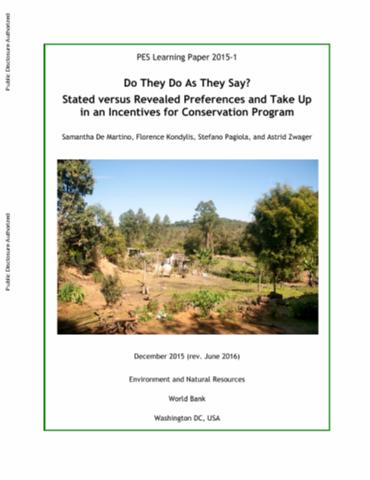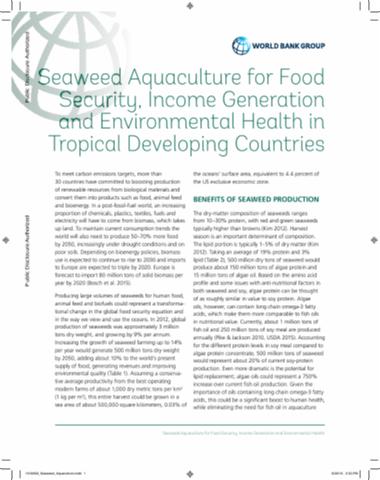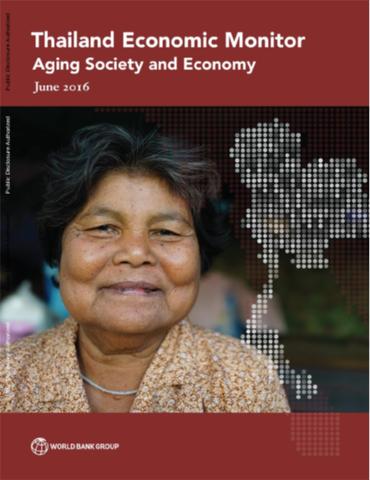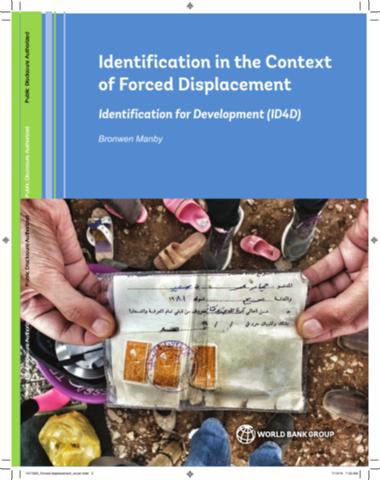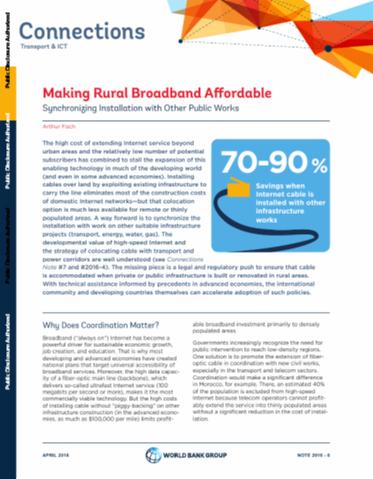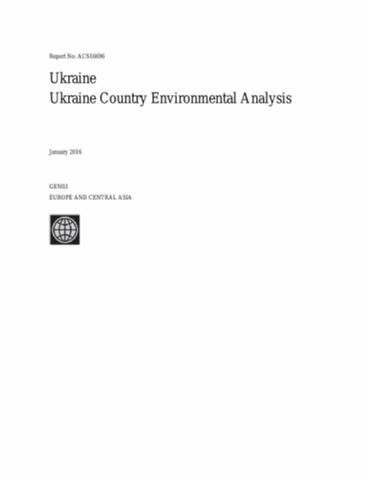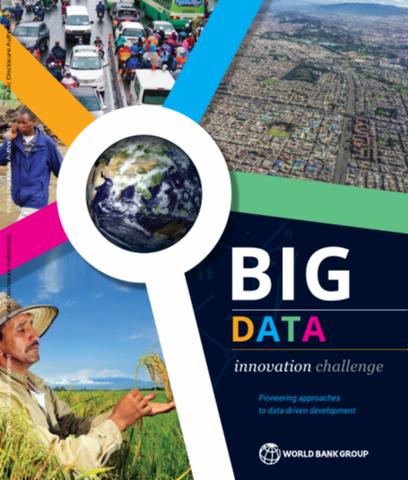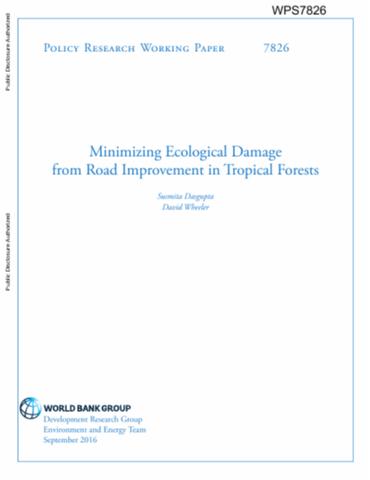
Topics and Regions
Details
Location
Contributions
Displaying 511 - 520 of 630Do They Do As They Say?
Use of conditional cash transfers has become widespread in development policy given their success in boosting health and education outcomes. Recently, conditional cash transfers are being used to promote pro-environmental behavior. While many of these Payments for Environment Services (PES) programs have been successful, it has been hypothesized that those with less favorable outcomes have been subject to low additionality, whereby landholders already conserving their land self-select into the program.
Greenhouse Gas Mitigation Opportunities in Agricultural Landscapes
Agriculture, and the patterns of land-use change that are associated with it, have a significant ecological footprint, including the effects it has on climate change, accounting for about one-quarter of anthropogenic greenhouse gas (GHG) emissions globally. Yet agriculture is also the only economic sector in which opportunities are present to mitigate climate change, mainly by removing substantial volumes of carbon from the atmosphere and sequestering them in soils and plant tissues. This report synthesizes information on the many areas in which agricultural GHG emissions can be reduced.
Seaweed Aquaculture for Food Security, Income Generation and Environmental Health in Tropical Developing Countries
To meet carbon emissions targets, more than 30 countries have committed to boosting production of renewable resources from biological materials andconvert them into products such as food, animal feedand bioenergy. In a post-fossil-fuel world, an increasingproportion of chemicals, plastics, textiles, fuels and electricity will have to come from biomass, which takesup land. To maintain current consumption trends theworld will also need to produce 50–70 percent more foodby 2050, increasingly under drought conditions and onpoor soils.
Thailand Economic Monitor, June 2016
The Thai economy shows signs of a nascent recovery but faces challenges on the path toward a broad-based and sustained recovery. The Thai economy accelerated to 2.8 percent in 2015, compared to 0.9 percent in 2014, partly on the basis of government consumption and investment, and partly on declining imports. Tourism and private consumption have mildly recovered, whereas merchandise exports dropped in the last quarter of 2015.
Identification in the Context of Forced Displacement
Lack of identity documents is an important obstacle to the protection of people forced to leave their homes by conflict, persecution, or natural disaster. At the most basic level, a person lacking identity documents cannot travel through the legal channels. Lack of identification can make people more vulnerable to trafficking, for example by making it more difficult to prove a person’s age or family relationships. Those who lack identity documents may face greater difficulties proving their entitlement to nationality or to refugee status.
Climate-Smart Agriculture Indicators
There is by now substantial consensus within the development community over the need for a more climate smart agriculture, which consists of three defining principles: enhancing agriculture’s resilience to climate change, reducing agricultural green-house gas emissions, and sustainably increasing production. With 795 million people still not getting their minimum dietary requirements, there is little scope for trade-offs between increasing production and improving agriculture’s environmental impacts.
Making Rural Broadband Affordable
The high cost of extending Internet service beyond urban areas and the relatively low number of potential subscribers has combined to stall the expansion of this enabling technology in much of the developing world (and even in some advanced economies). Installing cables over land by exploiting existing infrastructure to carry the line eliminates most of the construction costs of domestic Internet networks—but that colocation option is much less available for remote or thinly populated areas.
Ukraine Country Environmental Analysis
The objective of the Country Environmental Analysis (CEA) is to assess the adequacy and performance of the policy, legal, and institutional framework for environmental management in Ukraine, in light of the decentralization process of environmental governance and wider reform objectives, and to provide recommendations to government to address the key gaps identified. Ukraine is the second largest country in Europe and has a population of 43 million, the majority of whom live in urban areas.
Big Data Innovation Challenge
Big data can sound remote and lacking a human dimension, with few obvious links to development and impacting the lives of the poor. Concepts such as anti-poverty targeting, market access or rural electrification seem far more relevant – and easier to grasp. And yet some of today’s most groundbreaking initiatives in these areas rely on big data. This publication profiles these and more, showing how data on an unprecedented scale has the potential to improve lives in unprecedented ways. The featured case stories illustrate the diverse range of big data applications in development.
Minimizing Ecological Damage from Road Improvement in Tropical Forests
A spatial econometric model is used to link road upgrading to forest clearing and biodiversity loss in the moist tropical forests of Bolivia, Cameroon, and Myanmar. Using 250-meter cells, the model estimates the relationship between the rate of forest clearing in a cell and its distance to the urban market, with explicit attention given to road quality and simultaneity, terrain elevation and slope, the agricultural opportunity value of the land, and its legal protection status.

